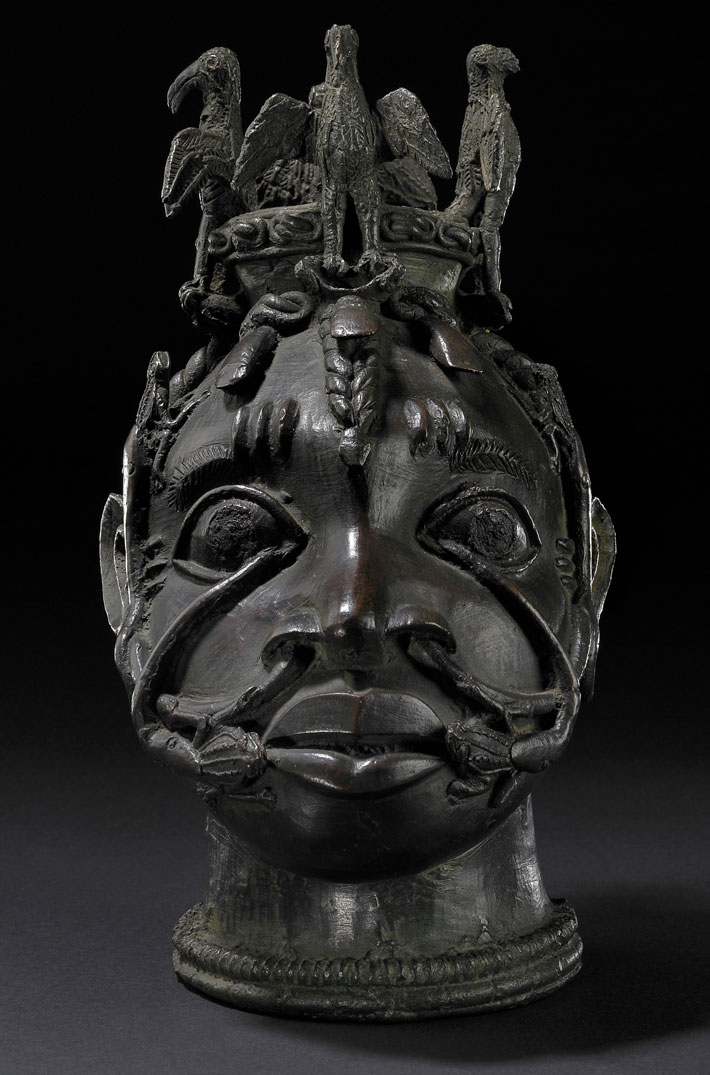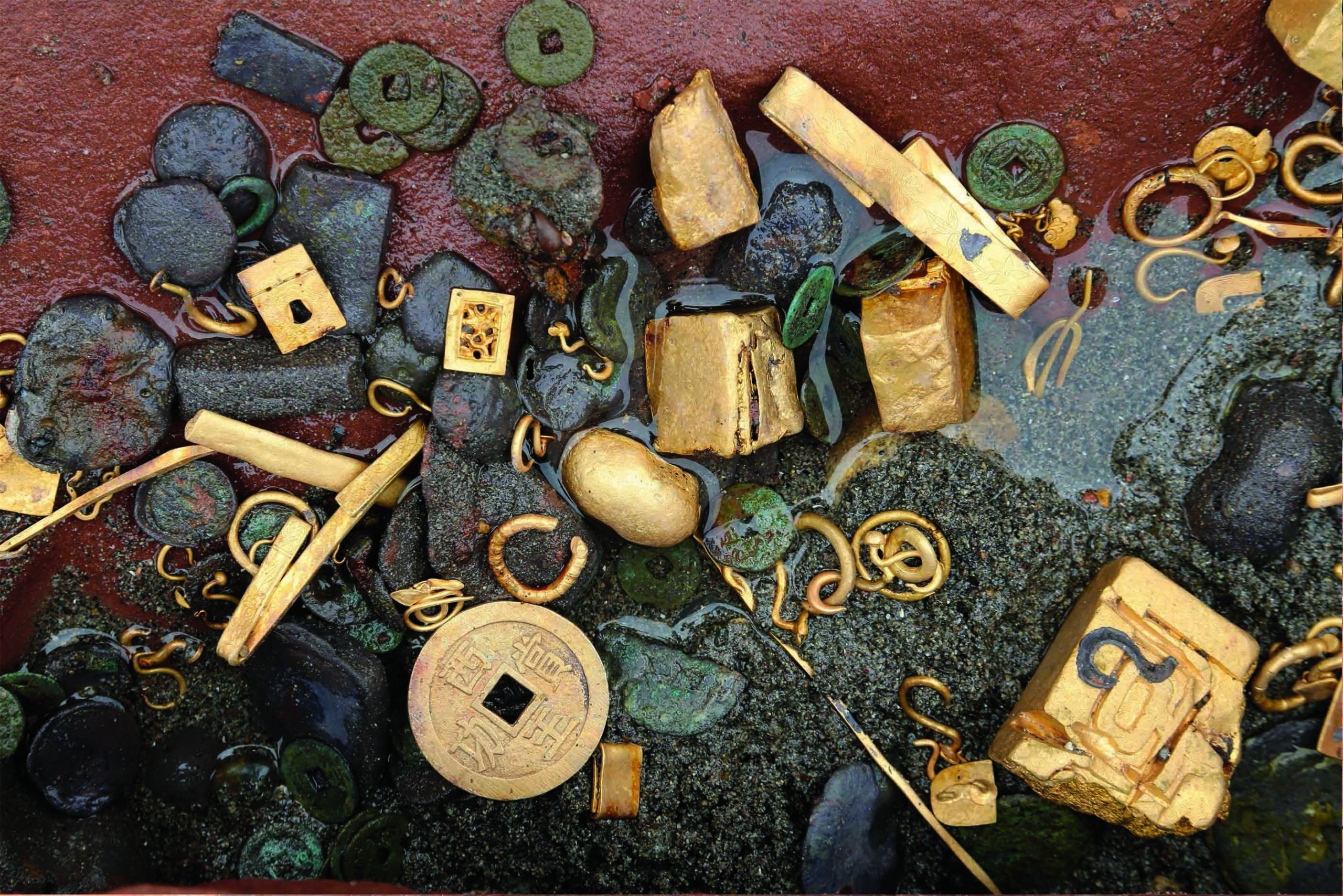BIRMINGHAM, ENGLAND—According to a statement released by the University of Birmingham, an international team of researchers attempted to analyze DNA samples taken from the remains of 25 people who lived in what is now Bahrain between 300 B.C. and A.D. 600. Only four of the samples were sequenced to higher coverage due to poor preservation of the ancient remains in the region’s harsh climate. The study determined that three of these four individuals carried the G6PD Mediterranean mutation, which provides protection from malaria. Many people who lived in the region may therefore have had some natural resistance to the disease, the researchers explained. “According to our estimates, the G6PD Mediterranean mutation rose in frequency around 5,000 to 6,000 years ago—coinciding with the onset of agriculture in the region, which would have created ideal conditions for the proliferation of malaria,” said research team leader Rui Martiniano of Liverpool John Moores University. The study also suggests that these four individuals were related to groups from Anatolia, the Levant, the Caucasus, and Iran. Read the original scholarly article about this research in Cell Genomics. To read about a Dilmunite sanctuary in ancient Bahrain, go to "Archaeology Island: Economic Might."
Ancient Genomes from Eastern Arabia Analyzed
News February 28, 2024
Recommended Articles
Top 10 Discoveries of the Decade January/February 2021
Neanderthal Genome
Vindija Cave, Croatia, 2010
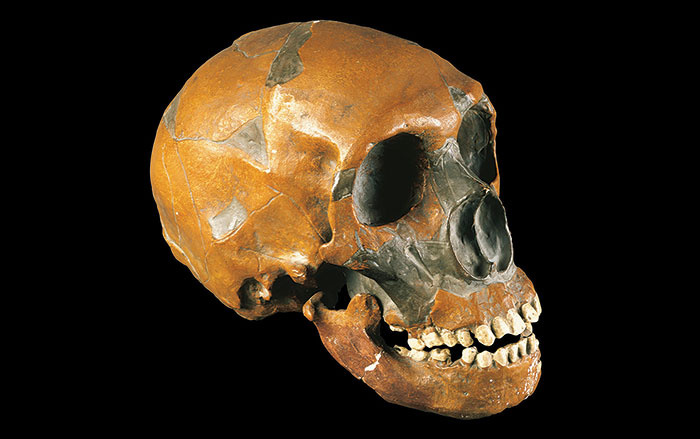
Top 10 Discoveries of 2020 January/February 2021
Largest Viking DNA Study
Northern Europe and Greenland
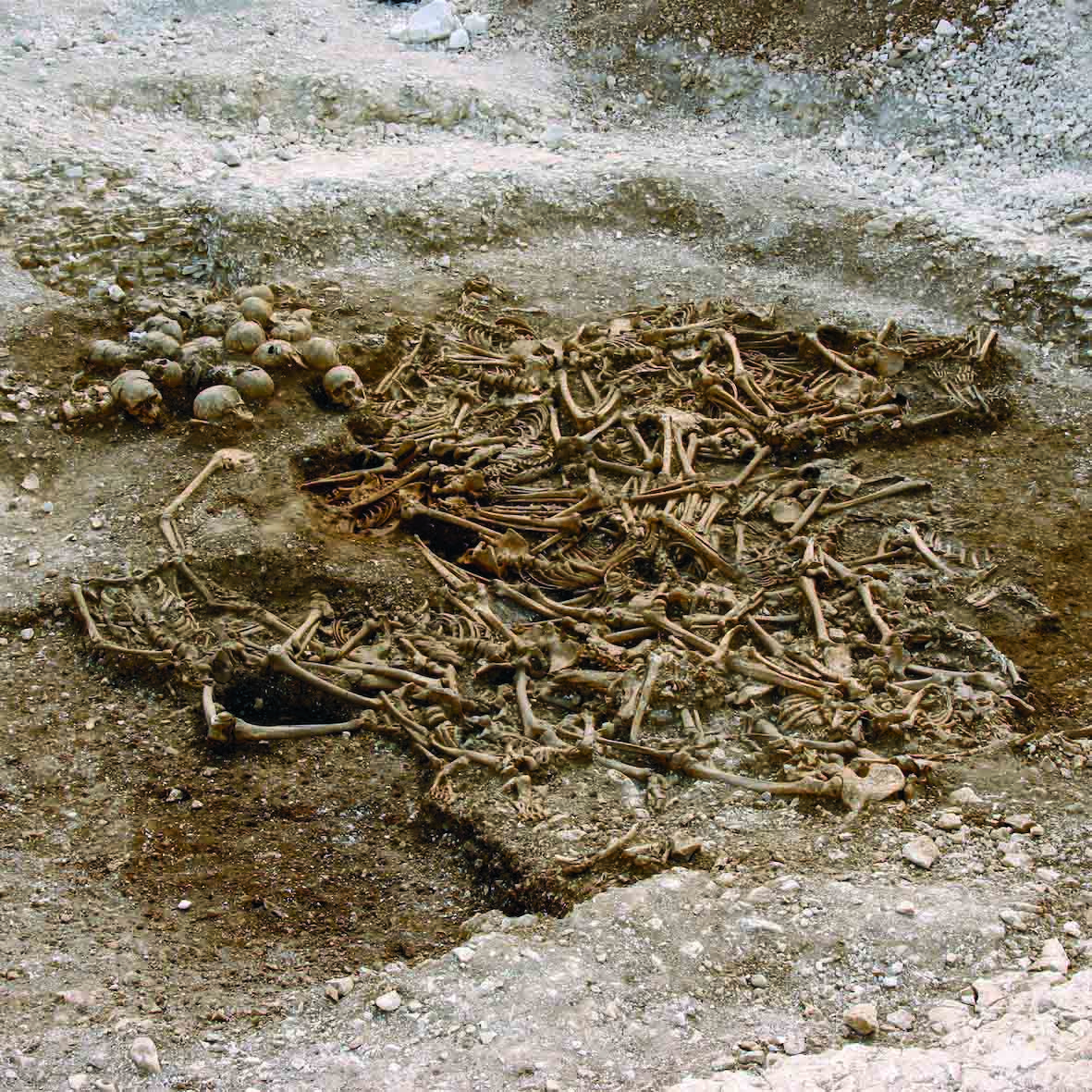

Digs & Discoveries March/April 2023
Closely Knit
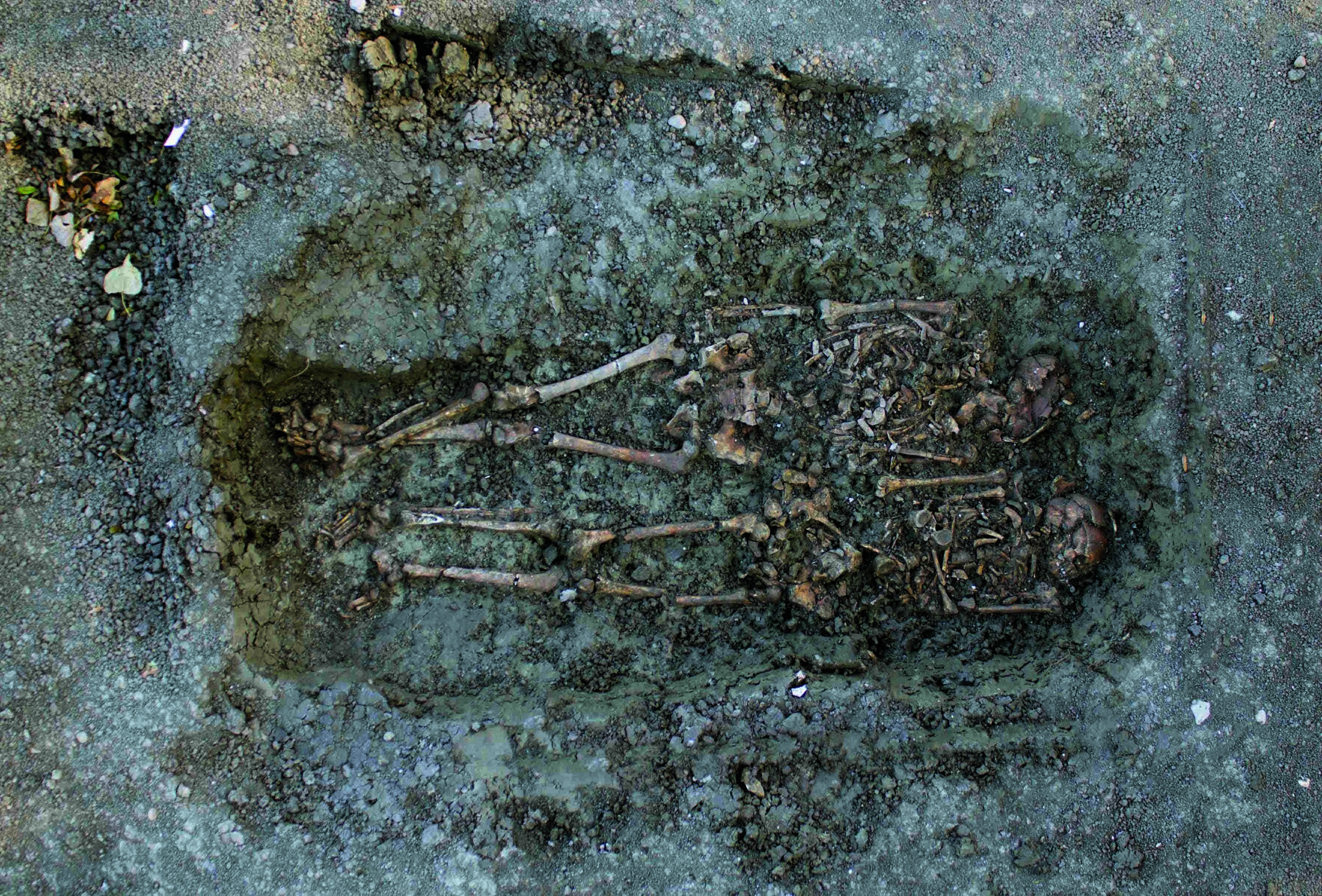
-
Features November/December 2023
Assyrian Women of Letters
4,000-year-old cuneiform tablets illuminate the personal lives of Mesopotamian businesswomen
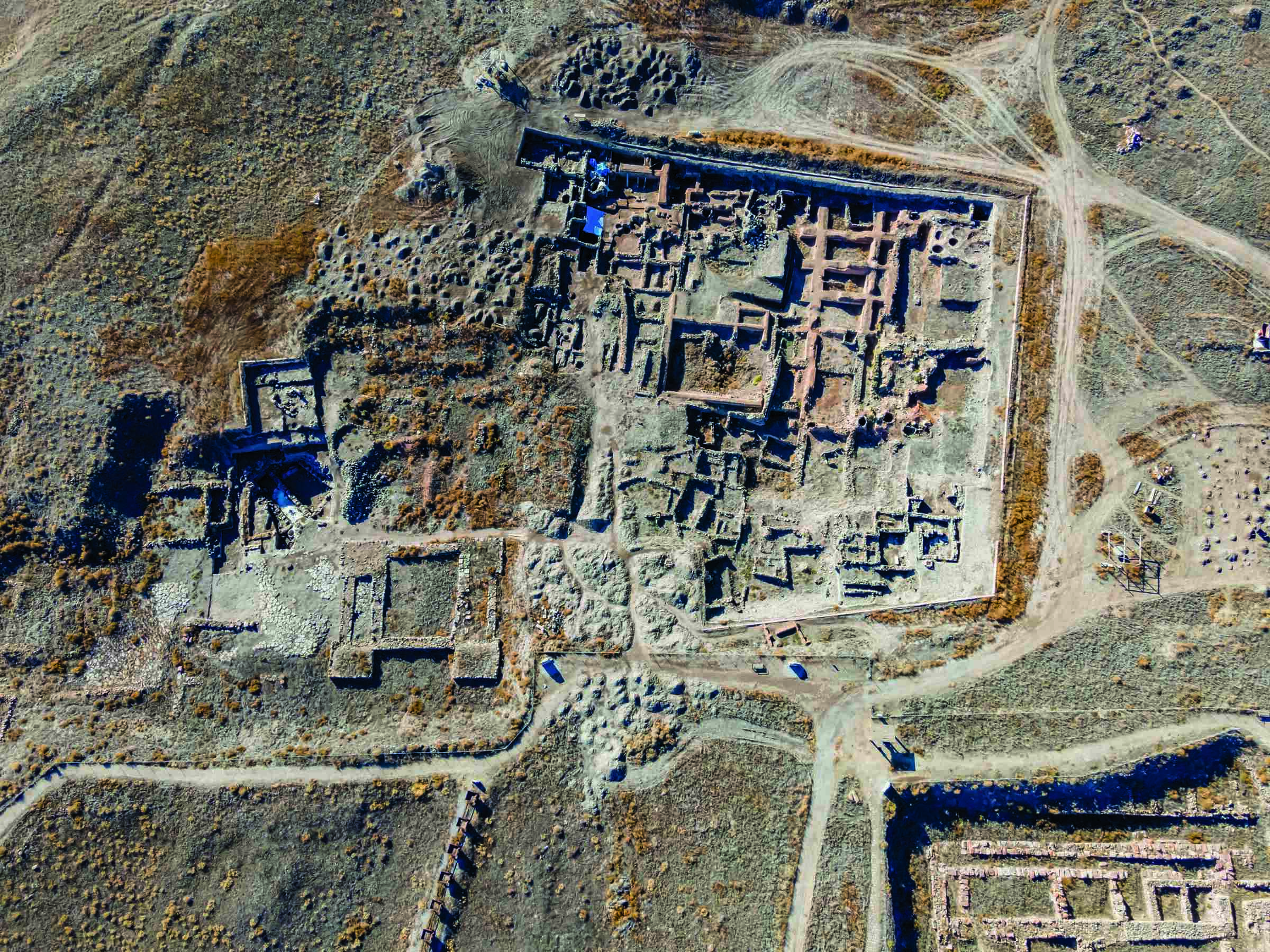 (Attraction Art/Adobe Stock)
(Attraction Art/Adobe Stock) -
Letter from El Salvador November/December 2023
Uneasy Allies
Archaeologists discover a long-forgotten capital where Indigenous peoples and Spanish colonists arrived at a fraught coexistence
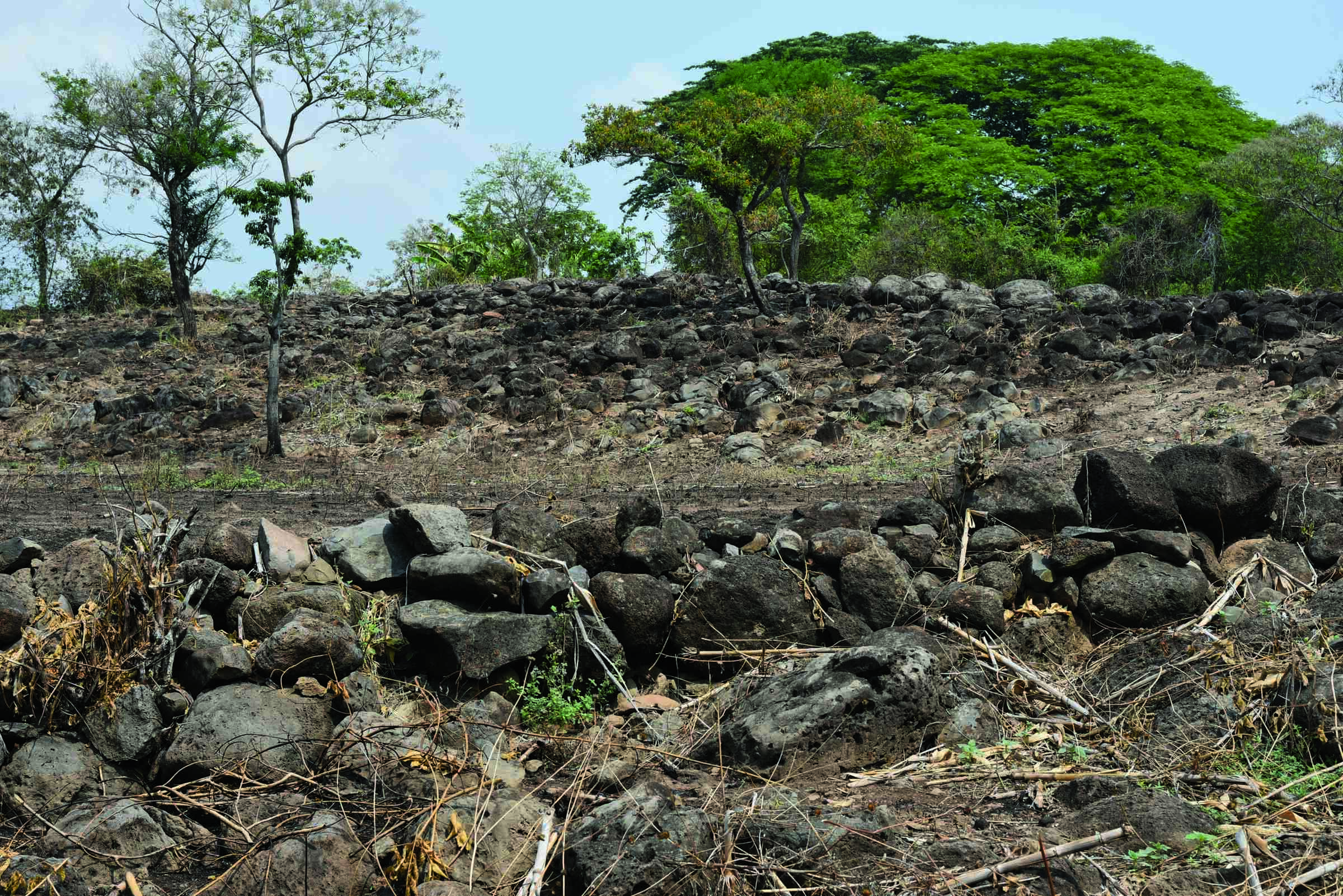 (Courtesy Roger Atwood)
(Courtesy Roger Atwood) -
Artifacts November/December 2023
Sculpture of a Fist
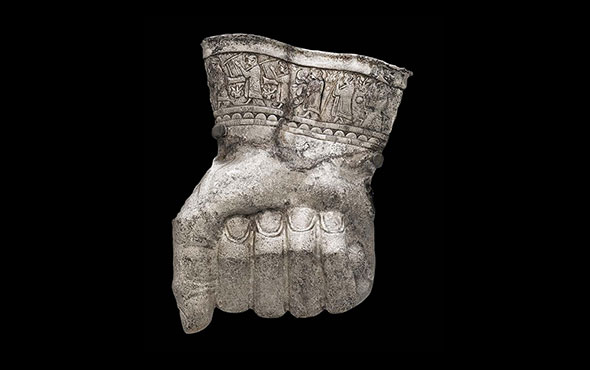 (Museum of Fine Arts, Boston/Bridgeman Art Library)
(Museum of Fine Arts, Boston/Bridgeman Art Library) -
Digs & Discoveries November/December 2023
The Benin Bronzes’ Secret Ingredient
